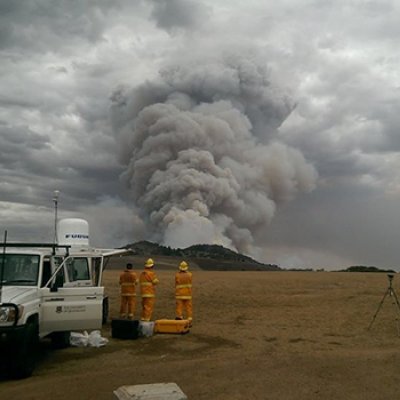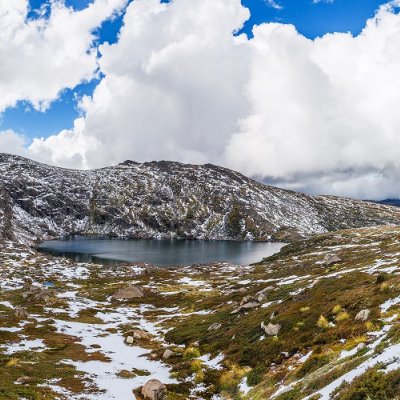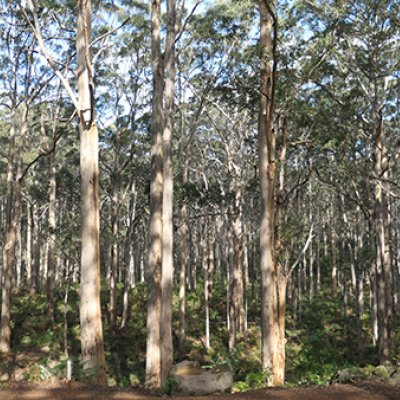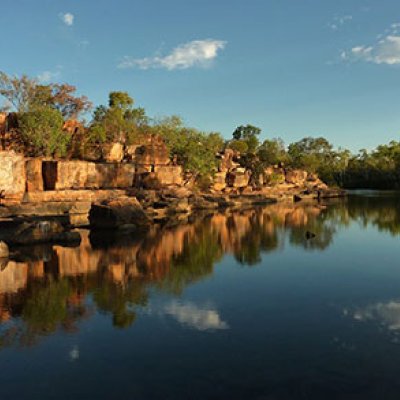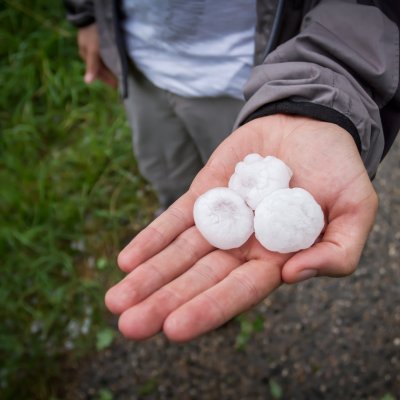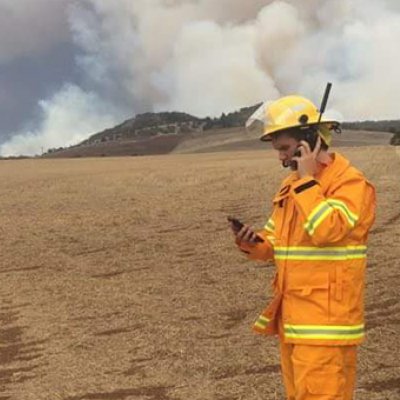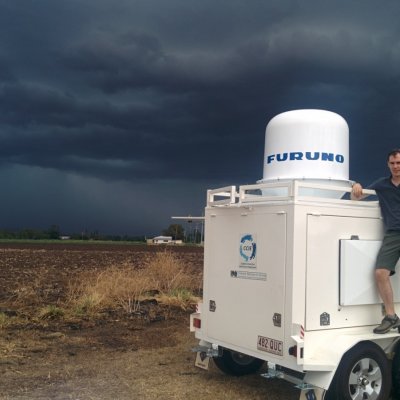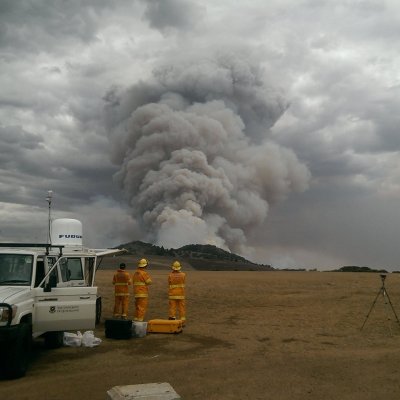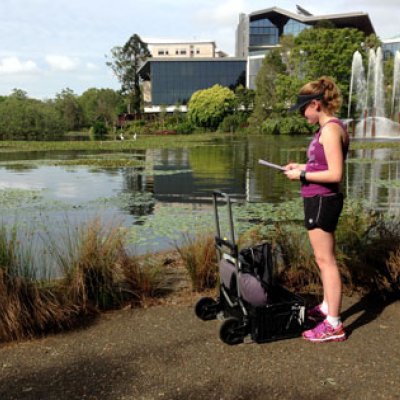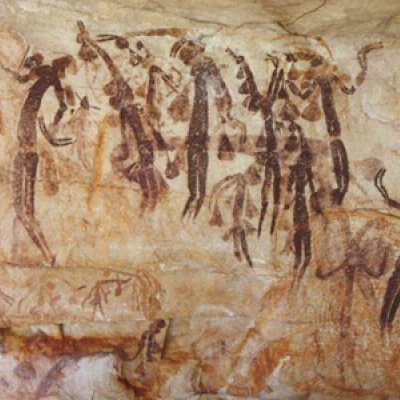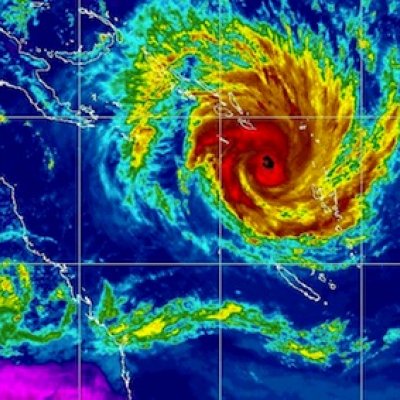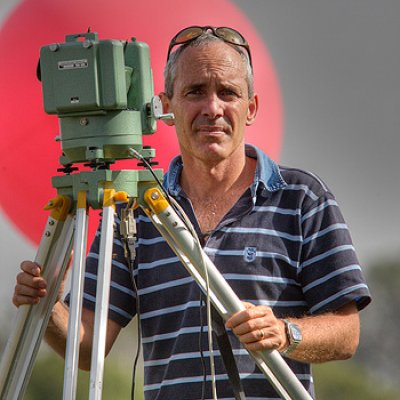The University of Queensland has launched Doomscroll Remedy, a new podcast featuring renowned researchers tackling some of the world’s biggest issues.
24 March 2022A world-first real-time bushfire hazard detection and warning system using artificial intelligence (AI) is under development thanks to a new partnership between The University of Queensland and Google.org, Google’s philanthropic arm.
11 December 2021The Australian Alps may suffer from a loss of snow and surrounding regions could endure flooding as climate change supercharges phenomena known as ‘atmospheric rivers’.
19 November 2021Mega-droughts – droughts that last two decades or longer – are tipped to increase thanks to climate change, according to University of Queensland-led research.
30 October 2020As world temperatures rise, the rate at which plants in certain regions can absorb carbon dioxide is declining, according to University of Queensland research.
20 August 2020The environmental and climate history of the past 60,000 years of Australia’s Kimberley region is set to be uncovered by a multidisciplinary team led by a University of Queensland scientist.
14 November 2018The University of Queensland has a range of experts available to talk to media in relation to World Environment Day on 5 June and World Oceans Day on 8 June.
1 June 2018Grab your smartphone and ruler - researchers from The University of Queensland want you to help collect vital hailstorm data.
10 October 2017Bushfire research using radar meteorology has won a University of Queensland PhD student an international meteorology prize in the United States.
22 September 2017A University of Queensland study has identified Springfield, Ipswich, Boonah, Beaudesert, Esk and Jimboomba as some of south-east Queensland’s most intense areas of thunderstorm activity.
20 December 2016Research into fighting fires with science has helped a University of Queensland student net $5000 in a national competition in the lead-up to World Science Festival Brisbane.
9 March 2016Antarctica is the driest continent on Earth, and always has been, with new research showing the previous “mega-lake theory” holds no water.
22 July 2014A new study has shed light on the disappearance of a pre-historic culture, predating present day aboriginal inhabitants.
12 December 2012Researchers at The University of Queensland have attracted $11.2 million in funding for 22 projects under the Australian Research Council’s Linkage Projects scheme, which supports joint research with industry and business partners.
1 June 2011Floods, cyclones and severe storms have devastated much of Queensland in the space of a few short months and many people are now questioning whether this is a result of climate change.
28 February 2011As Mother Nature unleashes her fury this storm season, a group of UQ researchers will brave the elements to collect crucial data for more accurate warnings in South-East Queensland.
22 October 2009A University of Queensland scientist has led groundbreaking research which shows that clearing of native vegetation has made recent Australian droughts hotter.
26 October 2007Research by University of Queensland climatologists into Australia’s past climate has shown just how extreme our weather can be.
20 June 2007The following University of Queensland experts will be available today for media comment on the Bureau of Meteorology’s data showing 2005 was the hottest year on record:
4 January 2006
